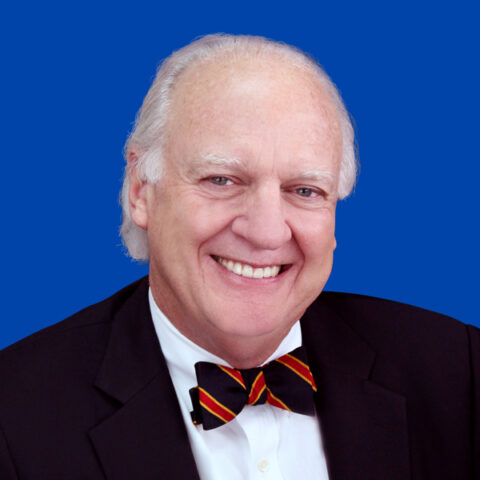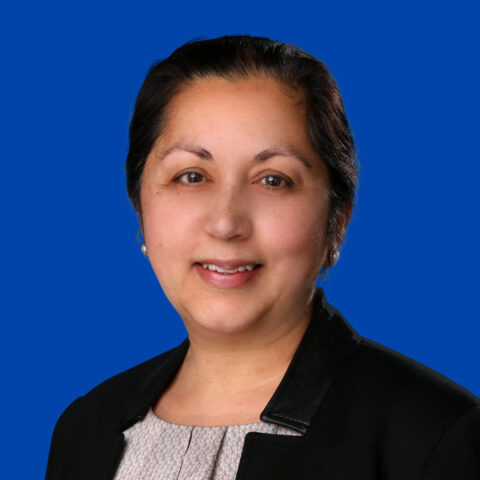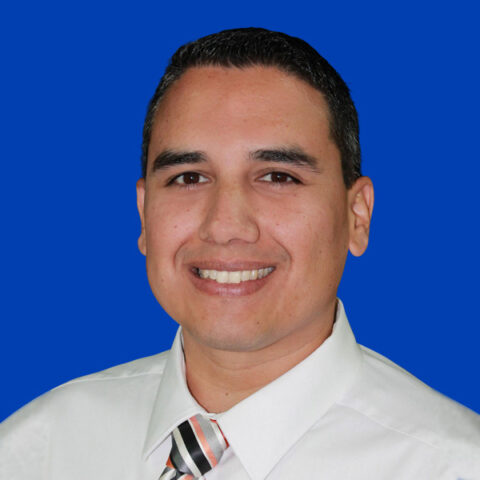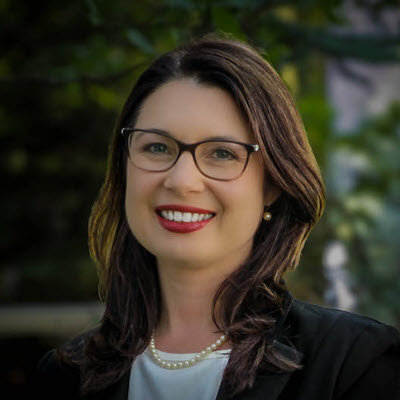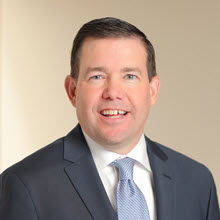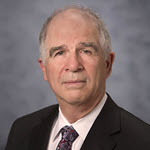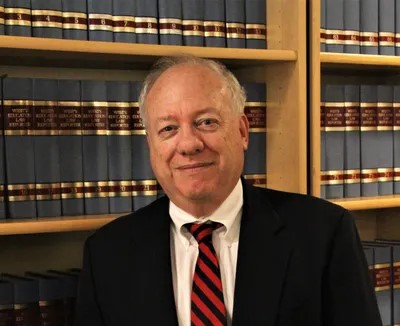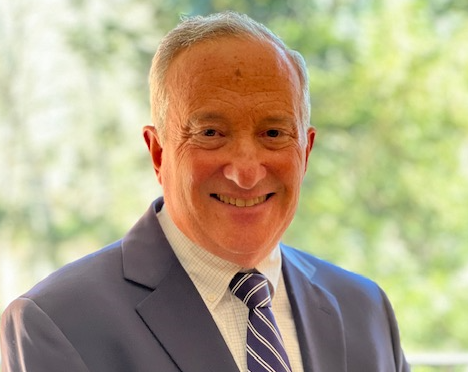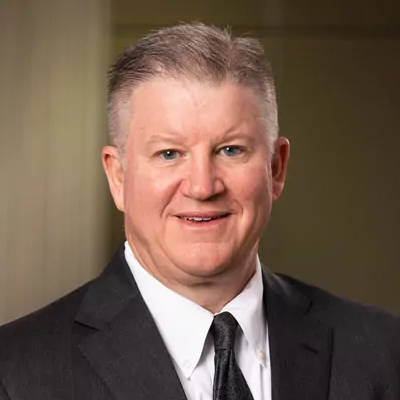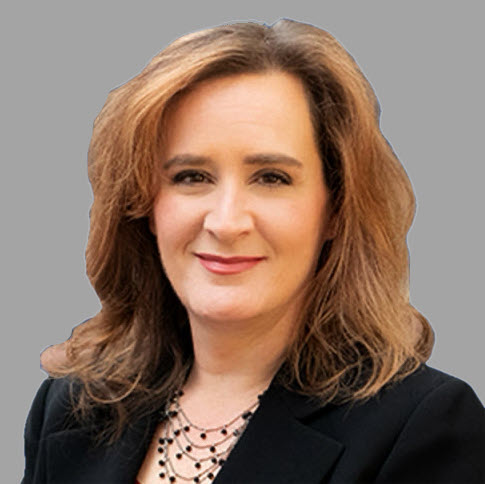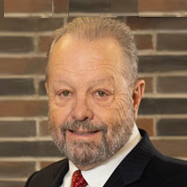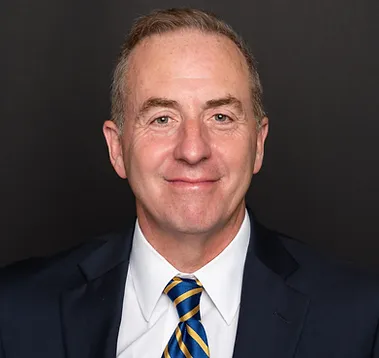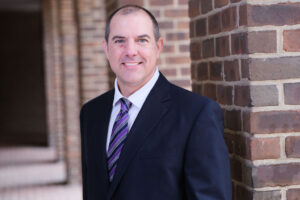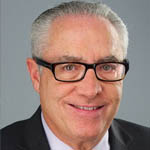InterActive Legal kicked off its 2025 Speaker Series with an enlightening webinar featuring a panel of seasoned trust officers who considered a variety of trust provisions from their unique perspectives. The webinar, led by Abigail O’Connor, Chief Fiduciary Officer at Peak Trust Company, aimed to bridge the gap between estate planning attorneys and fiduciaries to enhance the drafting and administration of trusts. Abby shared her transition from estate planning attorney to fiduciary, emphasizing the newfound insights she gained into the practical challenges of trust administration. For more detail, a webinar on this topic is available at the link below.
Related Speaker Series Webinar:
“You Said What? A Trustee’s Take on Seemingly Innocuous Trust Provisions“
by Abigail E. O’Connor, JD
The Fiduciary Perspective on Trust Provisions
The panel focused on the challenges fiduciaries face when implementing relatively common trust provisions. One key topic discussed was the administration of pot or sprinkle trusts, which allow for discretionary distributions among multiple beneficiaries. The panelists noted that while these trusts are common, they often come with complex decision-making needs, such as fairness and equity among beneficiaries. The fiduciaries stressed the importance of drafting clear preference language to aid trustees in making distribution decisions that align with the grantor’s intent. For example, the intent of a trust in which a spouse and children can all receive distributions may be to focus primarily on the spouse, and if that is the case, stating that in the trust document is helpful to the trustee.
Incentive Trust Provisions
Trusts often contain incentive provisions designed to encourage or discourage specific behaviors or achievements among beneficiaries. One potential problem with these provisions is how to evaluate the behavior involved, and therefore it’s helpful to draft measurable and enforceable criteria to avoid ambiguities that can complicate trust administration. For instance, trusts that incentivize educational achievements or religious observance require clear, objective standards to ensure that trustees can administer these provisions without bias or uncertainty. Additionally, provisions that prohibit distributions if the beneficiary might waste the property – such as in the case of a substance abuse problem – can be drafted to allow the trustee to use trust property to assist the beneficiary while not actually distributing property directly.
The Role of Trust Protectors and Advisors
Another significant discussion point was the role of trust protectors and advisors, who can influence trust administration but are often overlooked in planning. The speakers underscored the need for clear communication and defined roles and powers for protectors or advisors to prevent administrative hurdles and ensure that the trust operates as intended.
Practical Tips for Estate Planning Attorneys
The panel provided practical advice for estate planning attorneys, focusing on the importance of detailed and precise drafting to facilitate the work of fiduciaries. They advocated for including robust definitions, statements of intent, and specific instructions in trust documents to minimize ambiguity and ensure smooth trust operation. Furthermore, they discussed the importance of preparing for unique and hard-to-value assets, which pose significant challenges in trust administration due to valuation difficulties and regulatory complexities.
Conclusion
The main takeaway for estate planning attorneys is to consider the fiduciary’s perspective more closely when drafting trust provisions – particularly for trusts that are designed to last for many years, when the original parties will be unavailable to perhaps clarify their intent. The insights shared by the panelists from Peak Trust Company highlighted the critical intersection of legal drafting and practical trust administration, underscoring the need for collaboration and understanding between attorneys and fiduciaries to serve clients effectively.
About the Author

Teresa Bush joined InterActive Legal in 2007 and serves as Director of Education and Content Support Services.
Ms. Bush has been licensed to practice law since 1991, and focused her practice exclusively on issues of estate and gift tax planning, probate, charitable planning, and estate and trust administration. She began her practice in a small law firm, planning for clients of all levels of wealth. Thereafter, she practiced for a number of years in the Tax Section of Kelly, Hart and Hallman, P.C. in Fort Worth, Texas, and as an estate and gift tax consultant for the Dallas office of Ernst & Young, in both cases focusing on planning for very high net worth clients.
Ms. Bush received her J.D. from the University of Texas School of Law, where she was a research assistant for Professor Stanley M. Johanson. She studied at Edinburgh University and the London School of Economics prior to obtaining a B.A. in Economics and Political Science from Rice University in Houston. While studying abroad, she worked as an intern for a Member of Parliament in the British House of Commons.
Ms. Bush taught legal research and writing as a Teaching Quizmaster in law school, and later taught estate planning extension courses for American College of Financial Services CLU candidates. She has presented several online webinars on estate planning and drafting topics, and is the author or co-author of a variety of estate planning articles.





